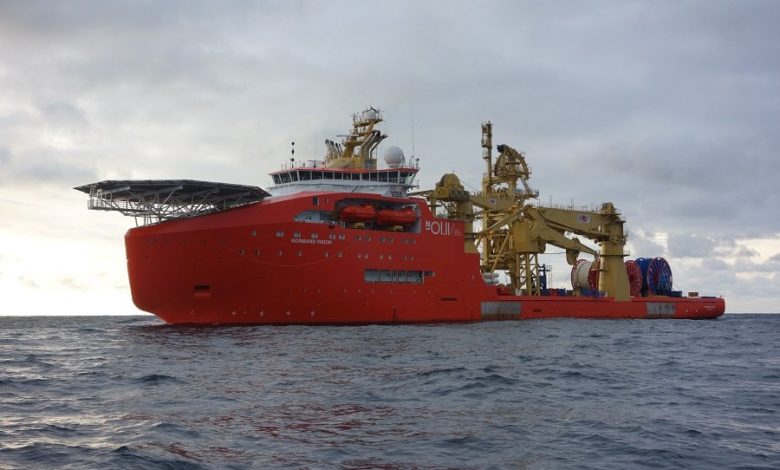Solstad Offshore teams with Wärtsilä to slash fleet emissions

Norwegian offshore vessel owner and operator Solstad Offshore has engaged Finish technology company Wärtsilä Finish intending to achieve a 50% reduction in CO2 emissions for its 90 vessel fleet by 2030. Under the agreement, the two companies will evaluate, and implement solutions that would increase fuel efficiency and reduce greenhouse gases. Wärtsilä said that each vessel will be assessed for appropriate solutions, possible operational improvements, and life extension considerations.
With hopes of reaching full carbon neutrality by 2050, Solstad has worked systematically to reduce emissions since 2009, both through operational measures, and technical upgrades. These have so far resulted in the average fuel consumption per vessel being reduced by more than 20%. A further reduction of 50% is expected to be reached by optimising energy efficiencies and retrofitting the vessels to operate with alternative fuels such as hydrogen, ammonia, and methanol.
“Cooperation is essential if we are to implement the solutions needed to succeed with the green shift that is underway. For this reason, we at Solstad are partnering with forward-looking companies such as Wärtsilä who have the expertise, experience, and innovative technologies required,” said Tor Inge Dale, head of sustainability at Solstad Offshore.
“Solstad has a clear and ambitious strategy to become the owner and operator of the industry’s greenest fleet of vessels. Since no single solution will be relevant to every ship, by working together we intend to find what works best and most efficiently on a case-by-case basis. We see this as a blueprint for achieving the best possible results,” added Cato Esperø, head of sales, Wärtsilä Norway.
Wärtsilä will initially serve as Solstad’s advisor and technical expert. The agreement also allows the company to act as a possible supplier for the decarbonisation solutions selected. “It is too early to determine which solutions will prove to be the most appropriate for meeting the GHG emission reductions envisioned by Solstad. However, it is extremely likely that future propulsion solutions operating with new alternative fuels, such as ammonia and/or methanol, will be key enablers as these fuels become widely available for bunkering,” said Roy H. Stavland, senior sales manager at Wärtsilä.
